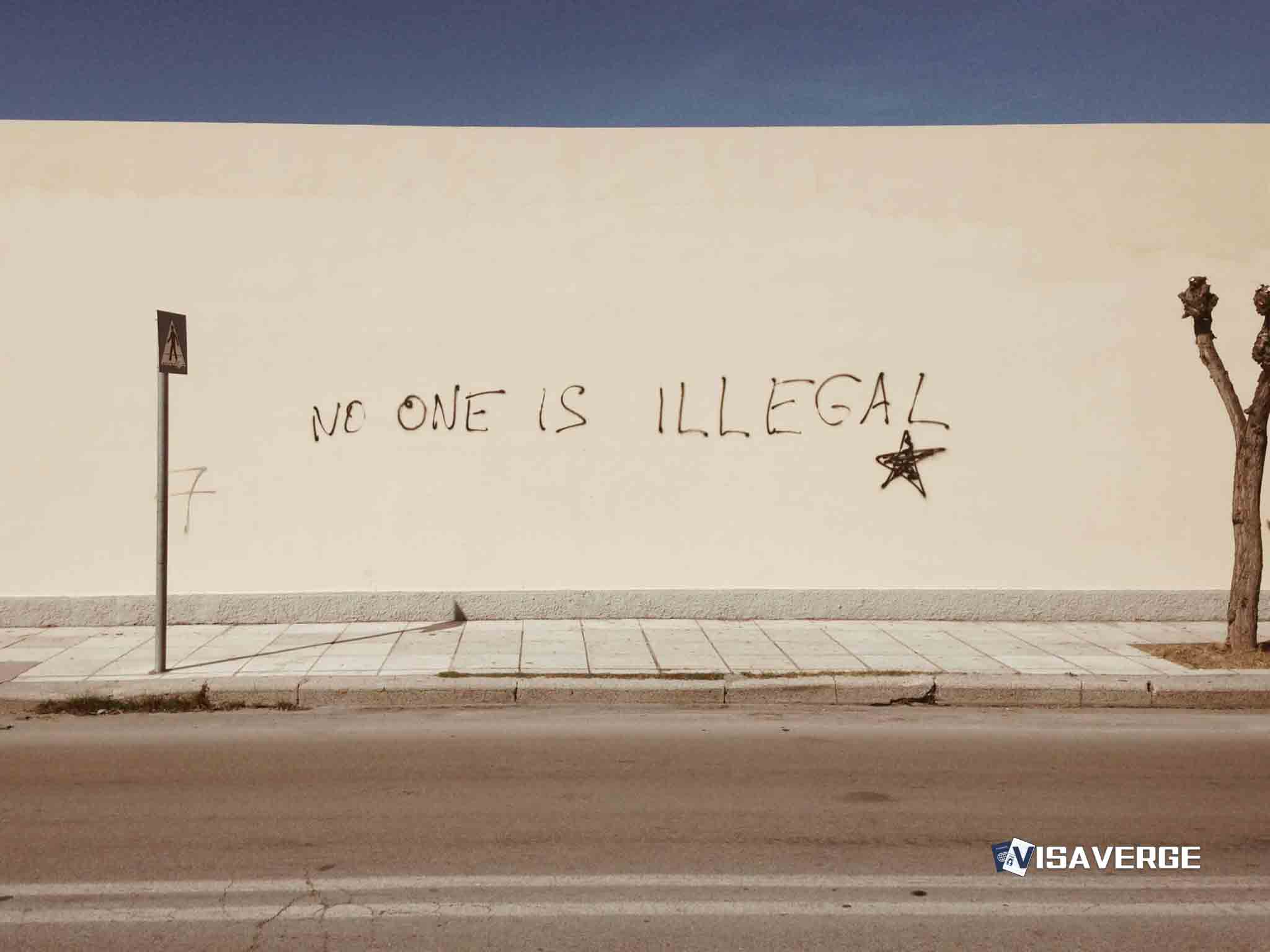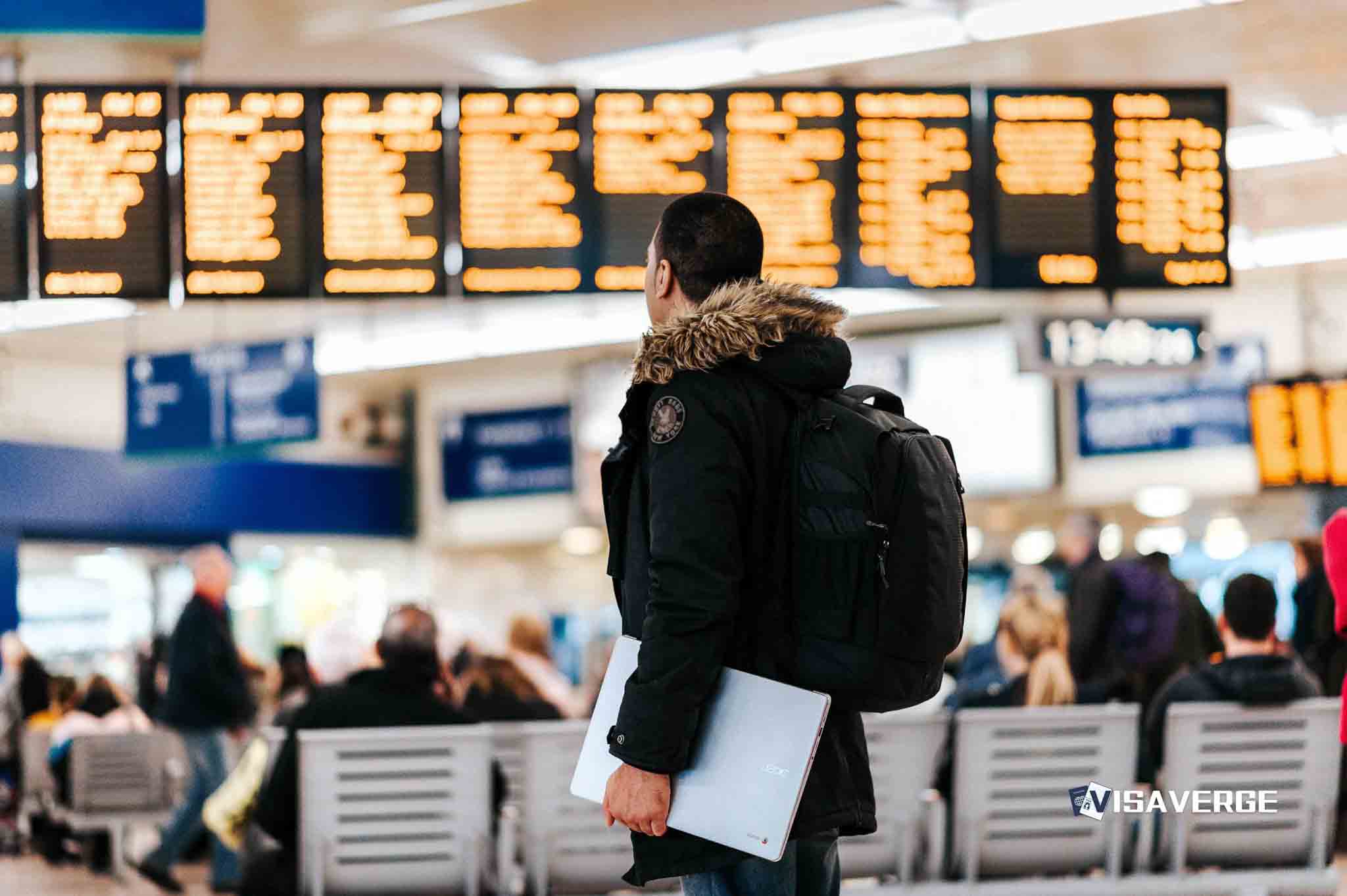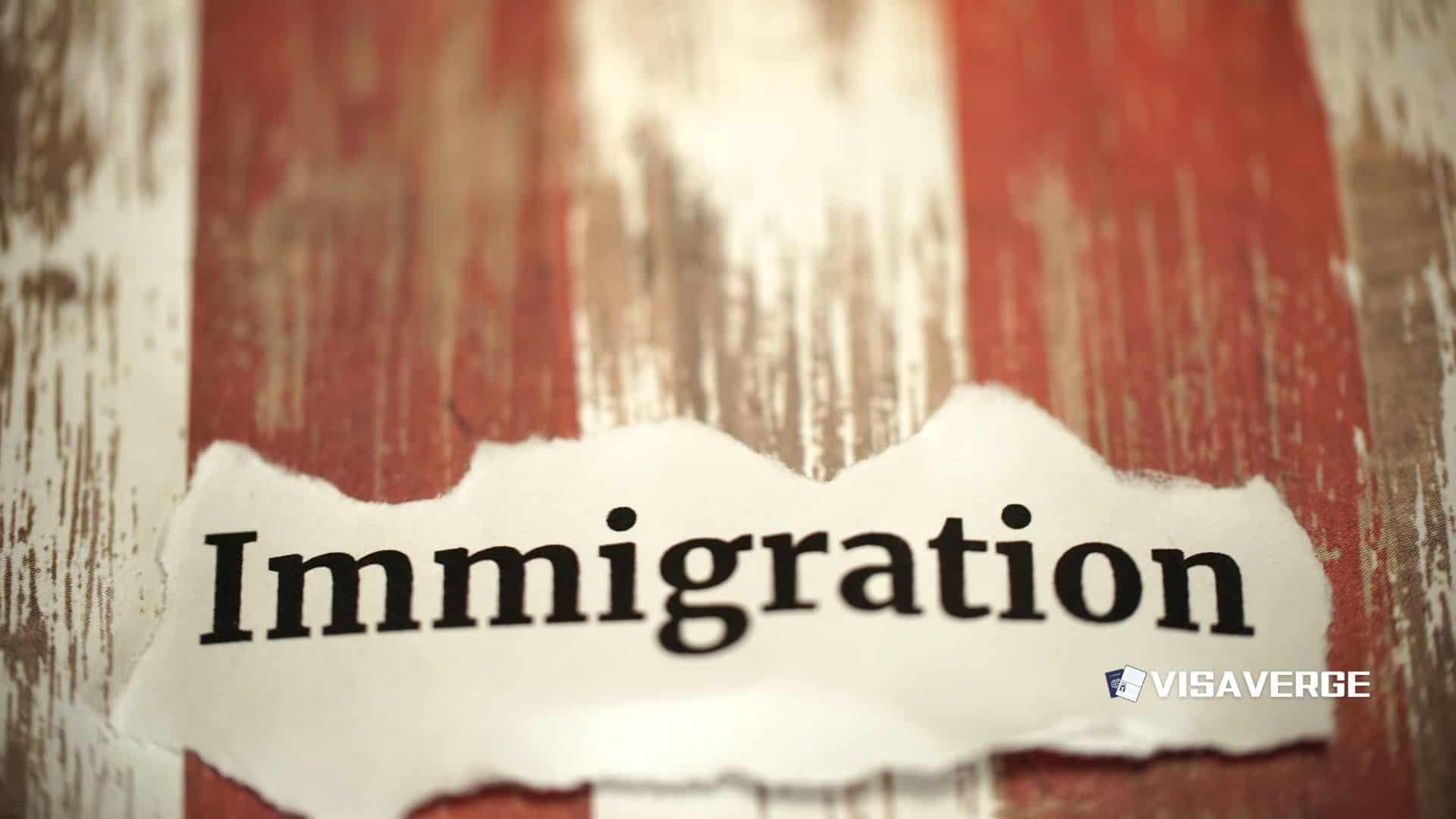Key Takeaways
• Massachusetts blocks Trump’s birthright citizenship order from July 1, 2025, protecting children regardless of parents’ immigration status.
• Supreme Court ruled nationwide injunctions limited; enforcement varies with 22 states blocking order, 28 states may enforce it.
• Massachusetts AG Andrea Joy Campbell leads legal fight, promising to defend birthright citizenship under the 14th Amendment.
As of July 1, 2025, Massachusetts will not enforce President Donald Trump’s executive order seeking to end birthright citizenship. This decision, announced by Massachusetts Attorney General Andrea Joy Campbell, comes amid a heated national debate and ongoing legal battles over the future of citizenship rights for children born in the United States 🇺🇸. The situation in Massachusetts stands out as a clear example of how state-level legal actions can shape the lives of families, immigrants, and communities in the face of sweeping federal changes.
What Happened: The Executive Order and Its Immediate Impact

On January 20, 2025, President Donald Trump signed Executive Order No. 14160. This order aimed to deny automatic U.S. citizenship to children born in the United States 🇺🇸 after February 19, 2025, if their mothers were in the country unlawfully or only temporarily, or if their fathers were neither citizens nor lawful permanent residents. The order directly challenged the 14th Amendment’s Citizenship Clause, which has long guaranteed citizenship to anyone born on U.S. soil and subject to its jurisdiction.
The Trump administration argued that the executive order was necessary to address what it called “abuses” of the citizenship system. Supporters claimed it would deter unauthorized immigration and clarify the meaning of the 14th Amendment. However, critics—including many legal experts, civil rights groups, and state officials—said the order was unconstitutional and would harm children and families.
Massachusetts Responds: Legal Action and State Protections
Massachusetts, under the leadership of Attorney General Andrea Joy Campbell, quickly took action. The state joined a coalition of 17 states to file a lawsuit in the U.S. District Court of Massachusetts, arguing that the executive order violated the Constitution. In February 2025, Judge Leo Sorokin granted a preliminary injunction that blocked the order from taking effect in Massachusetts and other states involved in the lawsuit.
This injunction means that, as of July 1, 2025, children born in Massachusetts continue to receive birthright citizenship, regardless of their parents’ immigration status. The Massachusetts Attorney General has made it clear that the state will defend these rights as long as necessary. Campbell stated, “I am proud to defend birthright citizenship and the rights of those born in the United States, which are guaranteed by the Fourteenth Amendment. I am confident our case will be successful, and the President’s blatantly unconstitutional executive order will ultimately be struck down.”
Supreme Court Ruling Changes the National Picture
The legal landscape shifted on June 27, 2025, when the U.S. Supreme Court ruled 6-3 in Trump v. CASA. The Court decided that federal district courts could no longer issue nationwide injunctions—meaning that court orders blocking federal actions would only apply within the court’s own jurisdiction. Justice Amy Coney Barrett wrote the majority opinion, saying that courts should only provide relief within their own areas. Justice Sonia Sotomayor, writing for the dissent, pointed out that every court to review the executive order had found it “patently unconstitutional.”
This ruling has major consequences. While the executive order remains blocked in Massachusetts and other states with active injunctions, it could now be enforced in states without such legal protections. As a result, the United States 🇺🇸 now faces a patchwork system where birthright citizenship rights may differ from state to state.
Where the Executive Order Stands: A Patchwork of Enforcement
As of July 1, 2025, the enforcement of President Trump’s birthright citizenship executive order looks very different across the country:
- Massachusetts and 21 Other States (plus D.C.):
The executive order is blocked by court injunctions. Children born in these states continue to receive birthright citizenship, and the order cannot be enforced. -
28 States Without Injunctions:
The executive order could be enforced in these states. Parents may need to go to court to secure citizenship rights for their children if they are affected by the order. -
Nationwide:
The situation remains uncertain. Ongoing lawsuits and appeals mean that the rules could change again in the coming months.
This uneven enforcement has led to confusion and concern among families, advocates, and officials. According to analysis by VisaVerge.com, this patchwork approach could create serious problems for families who move between states or who need to prove their children’s citizenship for school, health care, or other services.
What This Means for Massachusetts Families
For families in Massachusetts, the message is clear: birthright citizenship remains protected. Children born in the state after February 19, 2025, will continue to receive U.S. citizenship at birth, regardless of their parents’ immigration status. This protection is the direct result of the state’s legal action and the preliminary injunction issued by the federal district court.
Massachusetts officials and immigrant advocacy groups have warned that if citizenship rules differ by state, it could lead to confusion and unfair treatment. For example, access to important services like SNAP (food assistance) and health insurance could be affected if a child’s citizenship status is questioned. The Massachusetts Immigrant and Refugee Advocacy Coalition (MIRA) called the Supreme Court’s decision “disgraceful” and promised to keep fighting for immigrant rights in the state.
Carol Rose, Executive Director of the ACLU of Massachusetts, said, “We simply won’t let that happen, and are using every tool in our toolkit to defend birthright citizenship.” Cecillia Wang, National Legal Director of the ACLU, added, “Ultimately, we will vindicate the 14th Amendment’s fundamental promise that ensures every child born on U.S. soil is recognized as a citizen.”
The Legal Arguments: What’s at Stake
The main legal question centers on the 14th Amendment’s Citizenship Clause. This part of the Constitution says, “All persons born or naturalized in the United States, and subject to the jurisdiction thereof, are citizens of the United States.” For more than 150 years, courts have interpreted this to mean that anyone born in the United States 🇺🇸 is a citizen, no matter their parents’ immigration status.
President Trump’s executive order challenges this long-standing interpretation. The order argues that children born to parents who are in the country unlawfully or only temporarily are not “subject to the jurisdiction” of the United States 🇺🇸 and therefore should not receive automatic citizenship. Most legal experts, however, say this view is not supported by the Constitution or by past court decisions.
Multiple lawsuits have been filed by states, civil rights groups, and immigrant advocates. These cases argue that the executive order is unconstitutional and would harm children and families. So far, every court to review the order has agreed that it is likely unconstitutional, leading to the preliminary injunctions now in place.
The Supreme Court’s Reasoning and Its Effects
The Supreme Court’s decision in Trump v. CASA did not decide whether the executive order is constitutional. Instead, the Court focused on the power of federal courts to issue nationwide injunctions. The majority said that courts should only block federal actions within their own areas, not across the whole country. This means that unless a court in a particular state issues an injunction, the executive order could be enforced there.
The dissenting justices argued that this approach could lead to confusion and unequal treatment. They pointed out that the executive order has been found unconstitutional by every court to review it, and that limiting injunctions could harm families in states without legal protections.
Ongoing Litigation and What Comes Next
The legal fight is far from over. Massachusetts and other states plan to keep challenging the executive order in court. They hope to win a permanent ruling that will block the order nationwide. Oral arguments in related cases are scheduled for August 2025, and further decisions are expected in the coming months.
In the meantime, families in Massachusetts can be confident that their children’s citizenship rights are protected. However, families in other states may face uncertainty and may need to seek legal help if their children’s citizenship is questioned.
Key Stakeholders and Their Roles
- Massachusetts Attorney General Andrea Joy Campbell:
Leading the legal fight to protect birthright citizenship in Massachusetts. She has promised to keep defending these rights and to challenge the executive order in court. -
ACLU of Massachusetts:
Working with other civil rights groups to challenge the executive order and protect citizenship rights for all children born in the United States 🇺🇸. -
Massachusetts Immigrant and Refugee Advocacy Coalition (MIRA):
Supporting immigrant families and advocating for fair treatment and equal rights. -
Families and Children:
The people most directly affected by these legal battles. Their citizenship status can determine their access to education, health care, and other important services.
Practical Guidance for Massachusetts Residents
If you are expecting a child in Massachusetts or have recently had a child, you can be assured that your child will receive birthright citizenship, regardless of your immigration status. If you have questions or concerns about your child’s citizenship, you can contact the Massachusetts Attorney General’s Office or local immigrant advocacy groups for help.
For official information about birthright citizenship and related legal issues, you can visit the U.S. Citizenship and Immigration Services (USCIS) website.
If you live in another state, it is important to stay informed about the legal situation in your area. The rules may change as new court decisions are made, so check with local officials or legal aid organizations if you have concerns.
Broader Implications: What This Means for the United States
The fight over birthright citizenship is about more than just legal arguments—it affects real people and shapes the future of the country. The patchwork system created by the Supreme Court’s ruling means that families could face different rules depending on where they live. This could lead to confusion, legal battles, and unequal treatment.
Advocates warn that children born in states where the executive order is enforced could be denied citizenship, even if they would be citizens in another state. This could affect their ability to go to school, get health care, or even stay in the country. It could also create problems for families who move between states or who need to prove their children’s citizenship for government programs.
Summary Table: Enforcement Status of Birthright Citizenship Executive Order (as of July 1, 2025)
| State Category | Enforcement Status of EO No. 14160 | Notes |
|---|---|---|
| Massachusetts (and 21 others) | EO blocked by injunctions | Birthright citizenship guaranteed; EO cannot be enforced here |
| 28 other states | EO potentially enforceable | EO can be enforced unless challenged; parents may need to litigate citizenship rights |
| Nationwide | Ongoing litigation and legal uncertainty | Supreme Court limited nationwide injunctions; further rulings expected in coming months |
Where to Get Help and More Information
- Massachusetts Attorney General’s Office:
mass.gov/ago
For questions about your rights or to report problems. -
ACLU of Massachusetts:
aclu.org/state/massachusetts
For legal help and information about civil rights. -
Massachusetts Immigrant and Refugee Advocacy Coalition (MIRA):
massimmigrant.org
For support and advocacy for immigrant families.
Conclusion: Massachusetts Stands Firm on Birthright Citizenship
As of July 1, 2025, Massachusetts will not implement or enforce President Trump’s birthright citizenship executive order, thanks to a strong legal challenge led by the Massachusetts Attorney General. The Supreme Court’s recent decision has made the national picture more complicated, but Massachusetts remains a safe place for families seeking to protect their children’s citizenship rights. Ongoing litigation will continue to shape the future of birthright citizenship in the United States 🇺🇸, and advocacy groups remain committed to defending these rights for all children born on U.S. soil.
Families, advocates, and officials in Massachusetts can take comfort in knowing that, for now, the state’s protections remain strong. However, the fight is not over, and the outcome will have lasting effects on the lives of millions of people across the country. Stay informed, seek help if needed, and know that the promise of the 14th Amendment is still being defended in Massachusetts and beyond.
Learn Today
Birthright Citizenship → Automatic U.S. citizenship granted to anyone born on U.S. soil, regardless of parents’ immigration status.
Executive Order No. 14160 → A 2025 order by President Trump aiming to end birthright citizenship for certain children born in the U.S.
Preliminary Injunction → A court order that temporarily blocks enforcement of a law or executive order during legal challenges.
14th Amendment → Constitutional amendment guaranteeing citizenship to all persons born or naturalized in the U.S. and subject to its jurisdiction.
Nationwide Injunction → A court order that blocks a federal policy across the entire country until further legal review.
This Article in a Nutshell
Massachusetts resists Trump’s 2025 executive order ending birthright citizenship, safeguarding children’s rights amid a fragmented national legal battle threatening immigrant families’ futures.
— By VisaVerge.com













